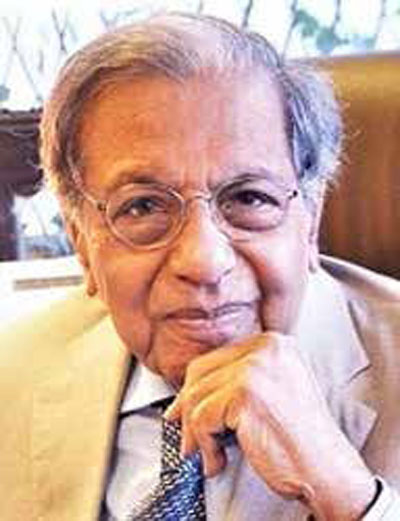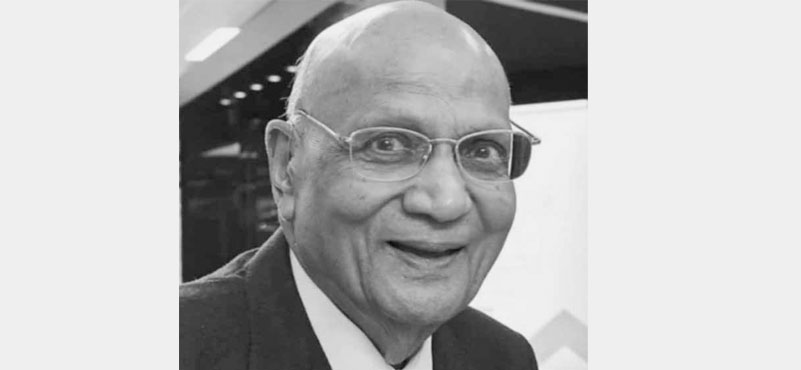First, he was a quintessential Industrialist. Unlike many of his contemporaries who sought easy fortune in trading. He believed India’s future lay in manufacturing. This would replace the colonial pattern of exporting raw materials and importing finished goods at high prices. Beginning with steel buckets, he launched Natural Gas Tubes in the UK and went on to build a formidable presence in steel manufacturing across the UK, the US, and India through Caparo. His enterprises became critical to the steel inputs for automobiles, airplanes, and railways. He often said, philosophically:
 “We will do what we know best, which is steel.” And true to that conviction, he made multiple acquisitions in the steel sector in the UK, the US, and Europe, expanding into five European steel plants. He remained a firm believer in the power of manufacturing, with its assured employment and long-term value.
“We will do what we know best, which is steel.” And true to that conviction, he made multiple acquisitions in the steel sector in the UK, the US, and Europe, expanding into five European steel plants. He remained a firm believer in the power of manufacturing, with its assured employment and long-term value.
Second, he had audacity. He was undeterred by the prevailing ethos. Through Caparo Investment, he mounted India’s first hostile takeover bid to gain control of Escorts Ltd. and Delhi Cloth Mills (DCM), acquiring 7.5% of Escorts and 13% of DCM more than the promoters’ holdings, though thwarted by a multiplicity of complex rules and the SEBI Takeover Code. He sought to establish clearer principles of management control. Corporates with negligible equity could not indefinitely control large public companies. It was a question of natural justice. Though the attempt failed and later found expression in the SEBI Takeover Code, which shook entrenched complacency and nudged India towards more transparent, investment-driven ethos of corporate governance. The voice of the shareholders was relevant.
Third, in a lighter vein, he was the quintessential NRI, Non-Resident Indian, as the term was then ubiquitously used. Diaspora was not yet in vogue. He embodied the essence of the NRI industrialist, so much so that the media presence which was irresistible to him, and this was reciprocated when they dubbed him “Mr. NRI”
To many, the phrase also carried another meaning in his case: a Non-Regulated Indian, seeking from the draconian overregulated economy, the prevalent ethos. He sought to run counter to suspicions around private capital. In that sense, he was a forerunner of the global Indian identity which would flower much later. His success enhanced India’s footprint and identity abroad, considering the reach and diversity of the Indian community worldwide.
Fourth, notwithstanding the closed nature of our economy at the time, when proximity to industrialists was frowned upon and the participation of corporate leaders in ministerial delegations was considered unthinkable, he helped reverse this perception. On the strength of his rapport with Mrs. Indira Gandhi, he persuaded successive Commerce Ministers, LN Mishra and DP Chattopadhyay, to include leading businessmen in official delegations. This promoted Indian trade, investment, joint ventures and ushered fresh thinking. In this role, I met him in multiple parts of the world: Tokyo, Lima, Santiago, New York, and Berlin, then still divided by the Great Wall. He became an early example of how business and diplomacy could converge to national advantage.
Fifth, having been educated in the US, he imbibed the value of giving back to society. He ensured that equally his children Ambika and Angad, notwithstanding their early tragic deaths, Ambar, Akash, and Anjli received the same quality of innovation and have all done and do him proud.
Dr. N K Singh is former chairman, 15th Finance Commission.The article first published in The Hindustan Times. Reproduced here in abridged form, with permission of the author








